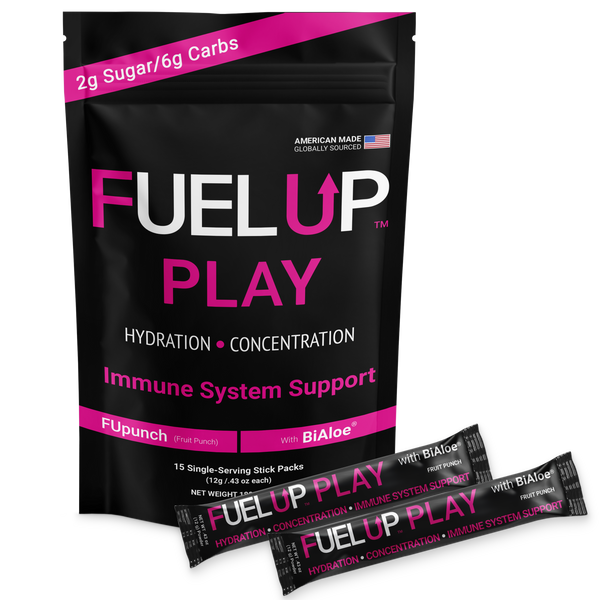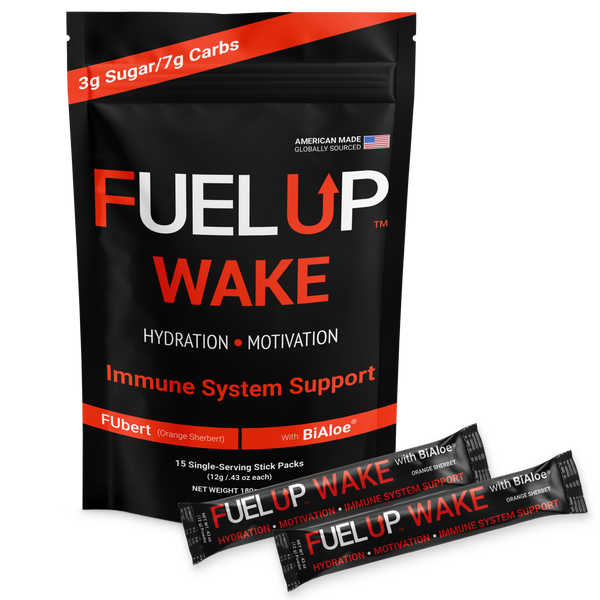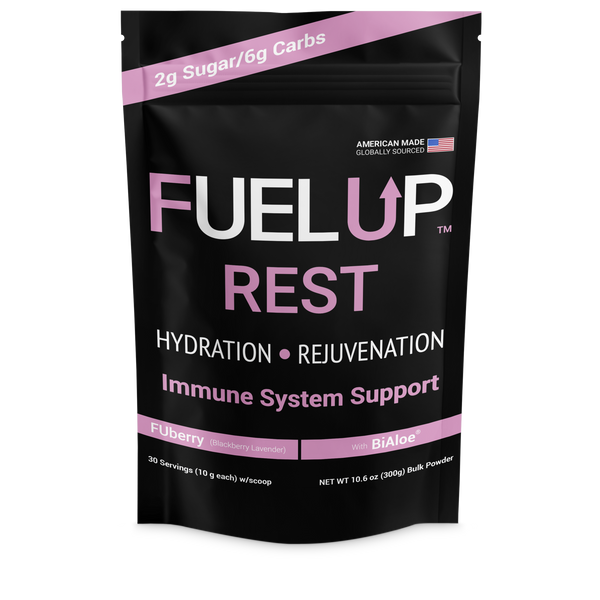Feeling sluggish after a workout or during a busy day isn’t always about hydration—or even sleep. For those who push themselves physically and pay close attention to health, a common but often overlooked culprit behind fatigue and mood swings is mineral imbalance. Let’s break down what that means, the subtle symptoms to watch for, and practical steps you can take to stay balanced.
Beyond Just Water: Why Minerals Matter
When we talk about hydration, most people picture water. But every time you sweat, exercise, or simply live an active life, your body is not just losing fluids—it's also shedding essential minerals called electrolytes. These include sodium, potassium, magnesium, calcium, and others that help transmit nerve signals, contract muscles, and keep your heart rhythm steady.
While it's easy to grab a bottle of water during a tough workout or hot day, simply replacing fluids may not restore these crucial minerals. Over time, even mild deficiencies can lead to dips in energy that feel suspiciously like dehydration or overtraining.
Subtle Signs of Mineral Imbalance
The tricky part? Mineral deficiencies don’t always make themselves obvious at first. Instead, you might notice:
-
Persistent fatigue: Even after a good night’s sleep, your energy feels low.
-
Muscle cramps or twitching: Especially common during or after exercise.
-
Headaches or lightheadedness: Not always solved by drinking water.
-
Mood changes: Irritability, feeling “off,” or trouble focusing.
-
Heart palpitations: Occasional fluttering, especially with intense activity.
Because these symptoms often overlap with dehydration, stress, or poor nutrition, it’s easy to miss the underlying cause.
Everyday Causes—and How to Address Them
Mineral imbalances happen for many reasons, especially in active people:
-
Sweat losses: Exercise, outdoor activities, and heat all increase mineral loss.
-
Dietary gaps: Restrictive diets, low intake of fruits and vegetables, or high consumption of processed foods may limit key minerals.
-
Hydration habits: Drinking large amounts of low-mineral water or avoiding electrolyte-rich foods can tip the balance.
To stay ahead, consider these evidence-backed habits:
-
Mix up your hydration: Include sources like coconut water, mineral water, or foods rich in potassium and magnesium (bananas, leafy greens, nuts).
-
Balance intake: Opt for balanced meals with a variety of natural ingredients—think whole grains, seeds, citrus fruits, and dairy or plant-based alternatives.
-
Monitor symptoms: Notice patterns in fatigue, muscle function, or mood, especially after intense exercise or hot days.
-
Avoid extremes: Overhydrating with plain water can further dilute minerals; balance is key.
When to Seek Advice
If you experience persistent or extreme symptoms—such as severe weakness, confusion, or heart issues—it’s important to consult a healthcare professional. Routine blood work, especially for athletes and highly active individuals, can highlight hidden gaps before they affect performance and well-being.
Practical Recovery: Hydration with a Mineral Focus
Today’s hydration science emphasizes not just drinking fluids, but replenishing the minerals your body needs to thrive. Look for products with transparent labeling and evidence-backed formulas, focusing on sodium, potassium, magnesium, and calcium in safe, appropriate levels.
Fuel Up Hydration has developed blends that combine these key minerals for everyday performance and recovery. If you’re exploring ways to stay energized and balanced throughout your active routines, their electrolyte-rich solution is one option among others to support holistic wellness—always alongside healthy eating and lifestyle choices.
Remember: Lasting energy comes from more than just water. Stay informed, recognize the signs, and choose hydration solutions that help you get the most from every workout and every day.





